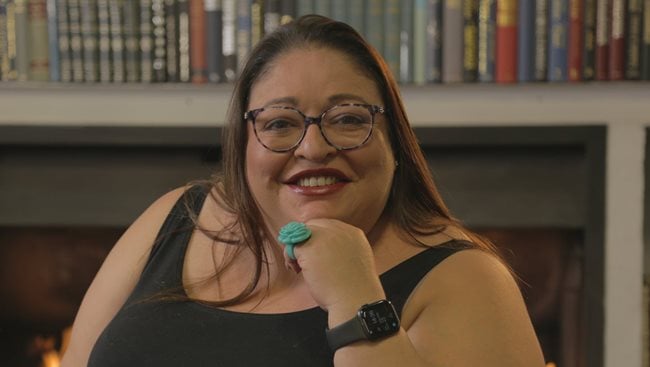
Top stories






More news














This has meant that traditional marketing as we know it was flipped on its head and campaigns had to be created with more elasticity in order to meet the shifting moods of pandemic-weary consumers. For those in the marketing industry, regardless of the level of expertise, keeping up with the changes has not been easy.
However, in order to succeed in the fast-paced marketing world, and continue to maintain a sense of relevance with your target audiences, it’s imperative that you stay ahead of them.
Here are five marketing trends marketers can look out for over the next year.
1. A comeback for experiential marketing
With less strict lockdown laws, the ability to activate directly to the consumer will come back and see growth. The need for having consumers physically see, feel and smell your product has been missed and lacking, so I think this will be a big consideration in the upcoming year.
2. Events will also make a comeback
The past two years have seen us move to virtual events and then we migrated to a hybrid model. I think the in-person factor is going to return for a more intimate and engaged interaction with existing customers, service providers, stakeholders and potential clients. I think the industry has missed having a personal touch and being able to allow people to learn, grow or be wowed is going to be the element that makes brands/businesses stand out against competitors.
3. Digital marketing will be put to the test
Digital has always been the ‘cheap’ advertising medium, so it was an easy go-to for brands. The challenge is that the space has become cluttered and ads are becoming more and more like spam or wallpaper - so they don’t get noticed. Some really out of the box, risky and imaginative creative is what’s going to dominate this space, anything average is just going to be overlooked.
4. The social landscape will start to plateau – with the exception of TikTok
The growth of social platforms was exponential over the last decade, but saturation will start to stagnate that growth. For marketers, it’s not a train smash because there is still enough of an audience to put in front of their brands, but repetition of message will dilute impact. This means that brands will need to be really smart with the communication to keep it fresh and dynamic so they aren’t showing the same message to the same people over and over and over.
5. Multiple messages will be key
Gone are the days when you could run an ad with a laundry list of benefits and features. We now have enough data to know that certain messages appeal to certain markets and this should be adapted as such. Agencies will need to build campaigns that cater to multiple audiences in order to remain relevant and get the kind of conversions that are imperative to clients ROI KPI’s.
AB testing will become a multichannel practice going forward – so we will start to see different messages on TV, Radio, OOH and print instead of just on digital. This may be an expensive exercise for brands in the short term, but relevancy and less wastage will win the long game.
Understanding trends is a major way brands can stay ahead of the curve when it comes to their marketing approach.
Having foresight on trends allows agencies and brands to be agile. Agility is so important in today’s world because people are more fickle and have shorter attention spans than ever before.A trend – if utilised well – can take an underdog brand and transform it into a top player in the market. Timing is everything, but a solid strategy, exceptional creative and a sound execution plan can be a game-changer.
Staying on top of trends, especially in today’s warp-speed environment can be difficult but, like all things, the more open-minded marketers are and the more they open to change, the more likely they will be to capitalise on a trend and dominate conversations.”